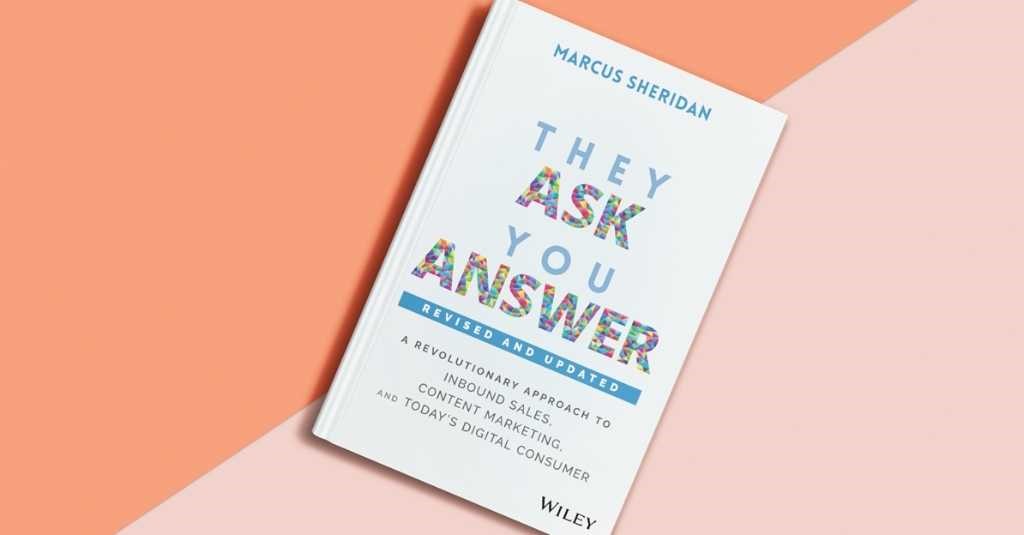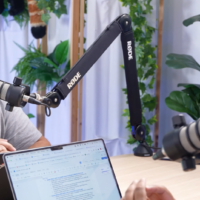You’re typing away in ChatGPT, but then, you realise you just gave ChatGPT a piece of information about your company that might be too private to share with the outside world. But wait…it’s just ChatGPT, no one is going to see it, right? Not necessarily.
With the rise of AI-powered technologies like ChatGPT, many people wonder where their data goes and how it is used.
In this article, you’ll discover exactly where your ChatGPT data goes.
Where does my ChatGPT chat data go?
When you interact with ChatGPT, your conversation data is processed and stored on OpenAI’s servers (OpenAI is the company that owns ChatGPT). OpenAI retains conversation data for 30 days, but as of March 1st, 2023, they no longer use this data to improve their models.
You might be wondering, ‘Why does OpenAI keep my data if they don’t use it?’ They keep your data for a few reasons, including:
- Operational Purposes: Although OpenAI has ceased using customer data sent via the API to fine-tune their models, they may still need to keep the data for operational and technical purposes. This includes ensuring the smooth functioning of their services, troubleshooting any issues that may arise, and addressing customer inquiries or concerns related to recent interactions
- Customer Support: Keeping data for a limited period allows OpenAI’s customer support team to assist users more effectively. Users might have questions or encounter problems with their interactions, and having access to the data for a brief period helps in resolving these issues promptly
- Data Integrity: Maintaining data for a short duration allows OpenAI to cross-reference and verify interactions in case of disputes, disagreements, or issues related to the usage of ChatGPT. This ensures data integrity and helps address any discrepancies
How is that data used?
Previously (prior to March 1st, 2023), OpenAI used customer data as part of a process known as “fine-tuning.”
Fine-tuning is a machine learning technique used to enhance the performance and capabilities of AI models. In other words, they used your chats to improve the way ChatGPT operated.
Here’s how it worked:
- Data Collection: OpenAI collected a vast amount of text data from the internet, which included a wide range of content from websites, books, articles, and more. This large dataset was used as the foundation for training their AI models
- Base Model Training: OpenAI trained a base AI model using the initial dataset. This model served as the starting point for generating text and responding to user inputs
- Fine-Tuning: To make the AI model more useful, safe, and controlled, OpenAI engaged in a process called fine-tuning. During this phase, they used data generated by users of ChatGPT. This included both the user inputs (prompts) and the model-generated responses
- Iterative Learning: OpenAI would iterate this fine-tuning process, using feedback from users to improve the model’s performance. The more users interacted with ChatGPT, the better the model became at providing accurate and contextually relevant responses
- Safety and Quality Improvements: OpenAI’s fine-tuning process was designed to enhance the AI model’s safety and prevent it from generating harmful or inappropriate content. Feedback from users played a crucial role in identifying and rectifying potential issues
It’s important to note that while OpenAI used customer data for fine-tuning, they implemented measures to anonymize and strip personally identifiable information (PII) to protect user privacy. So, even though your data was being used, any PII was stripped, so individual users could not be recognised.
However, OpenAI no longer uses customer data for model improvement as of March 1st, 2023. You might be wondering, why are they no longer using customer data?
Developers have long taken issue with OpenAI’s data processing policies because of privacy and security concerns. This may have been one of the reasons that OpenAI decided to make a change.
The thing is, AI is new – at least it’s new in the market. We’re all still learning, including the companies that develop and provide the AI for us savvy marketers to use.
With the rapid development of this tech and the focus many people place on user privacy and security, it’s inevitable that companies like OpenAI will be forced to continue to improve how they handle customer data.
Is Private Company Information Safe on ChatGPT?
We’re not so sure.
While OpenAI don’t actively use the data you input into ChatGPT as of March 1st 2023, and while it may be deleted after 30 days, if there’s a data leak and your data hasn’t yet been deleted, you may be at risk.
But how likely is a data leak?
In March 2023, OpenAI confirmed that a bug in ChatGPT’s source code caused a data leak.
Some users were able to see titles of chats from another active user’s chat history, as well as potentially being able to view the first message of a new conversation if both users were active at the same time.
On top of that, some payment related information (names, email addresses, payment addresses, credit card type, and last four digits of the card number) of active users between 1-10am PST on March 20th, 2023, may have been visible to other users during this period. No full payment card information was visible at any time.
While OpenAI quickly rectified and solved the issue by March 24th, the fact that there was a data leak in the first place is scary.
How Are Other Companies Reacting?
Earlier in 2023, a Samsung employee inputted sensitive company code into ChatGPT, and in response Samsung banned the use of ChatGPT in their company.
This may be a little extreme, but as a large company, it may be difficult to control what everyone is inputting into ChatGPT.
We recommend abstaining from sharing private company information on ChatGPT, such as:
- Intellectual Property and Creative Works
- Financial Information
- Sensitive Company Data
- Personal Data
- Username and Passwords

As long as you don’t share these things, even if there were a data leak, you wouldn’t have to worry.
What Does OpenAI Do to Prevent Hacking on ChatGPT So That My Data is Safe?
OpenAI invests heavily in security to safeguard user data. They employ encryption, access controls, and monitoring systems to protect against unauthorized access and potential threats.
You can read more about what they do to prevent data leaks here.
Does My Data Get Deleted?
As already mentioned, OpenAI retains your chat data for 30 days, after which it is deleted from the server.
Should Our Company Use ChatGPT?
While there may be privacy concerns and this will be at the forefront of the AI discussion for years to come, the fact of the matter is that AI is here – and it’s here to stay.
If you don’t get onboard with AI, you’ll be losing to the competitors who start using it. Refrain from sharing private company data, be responsible with the tool, and you should be safe.













